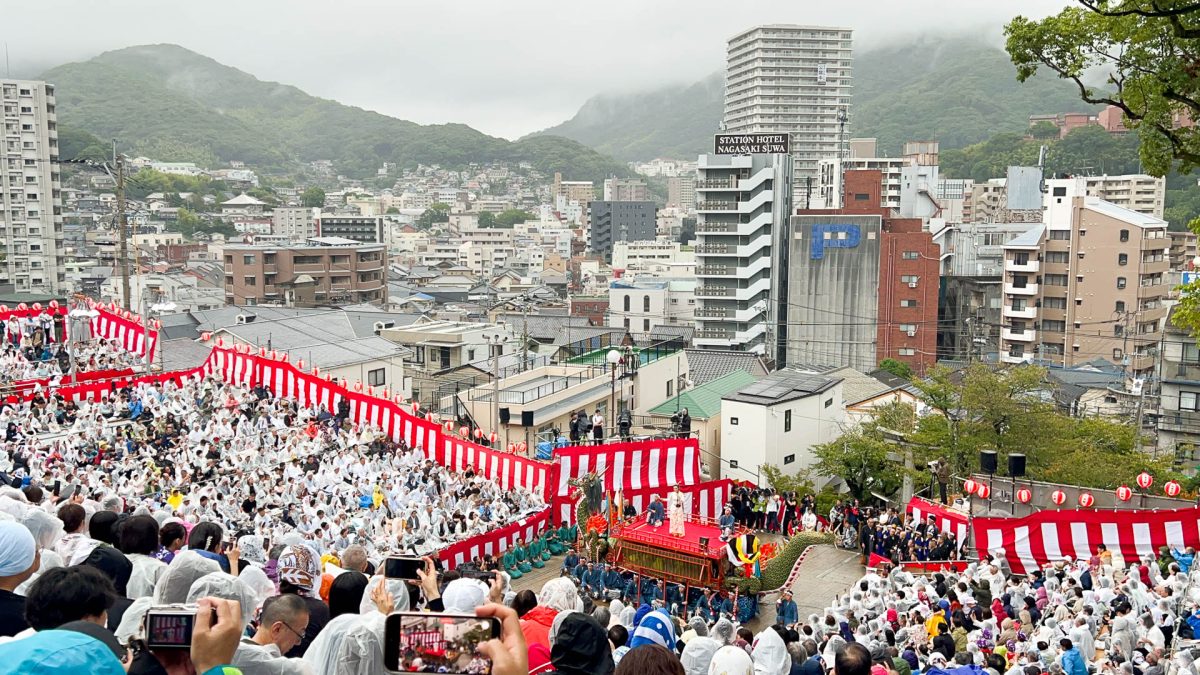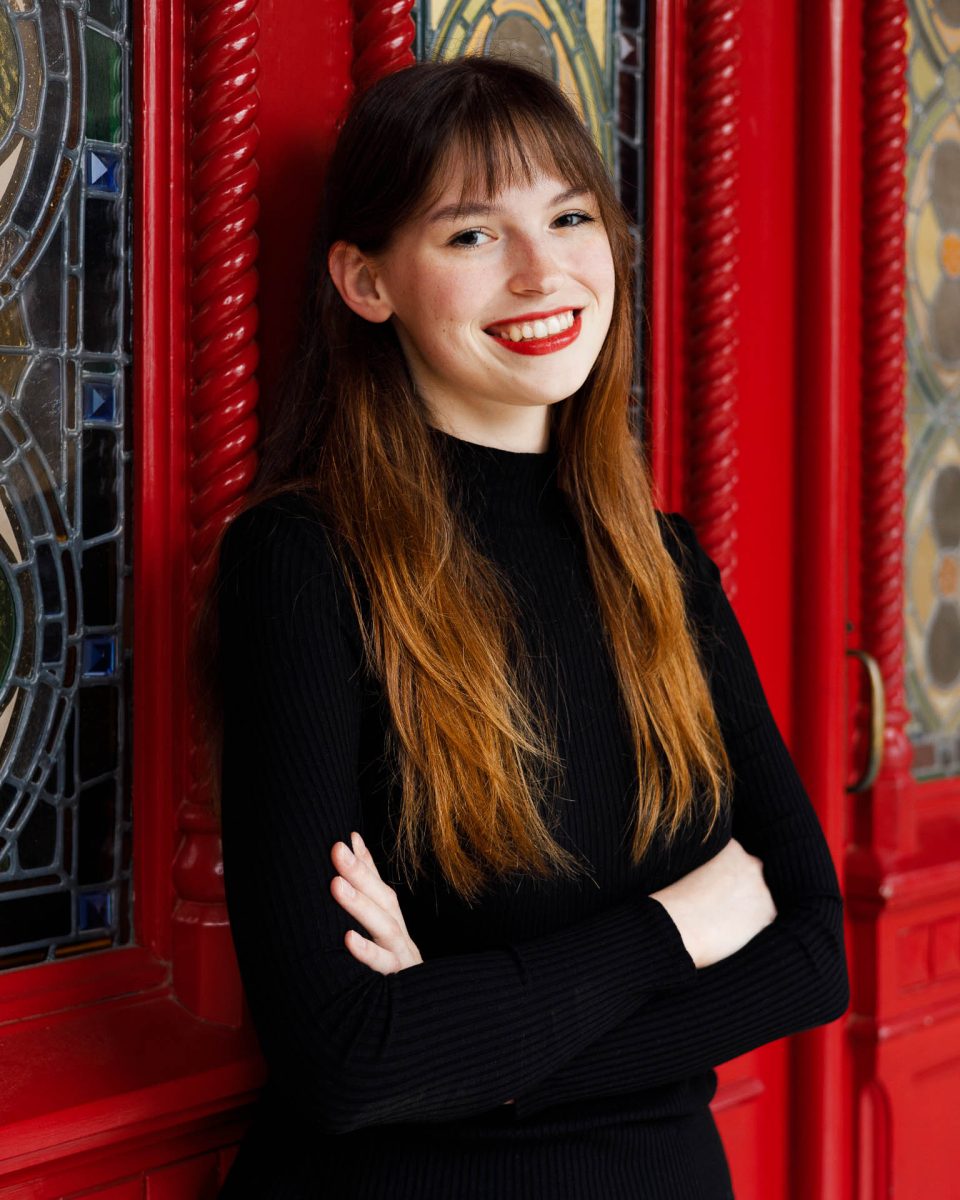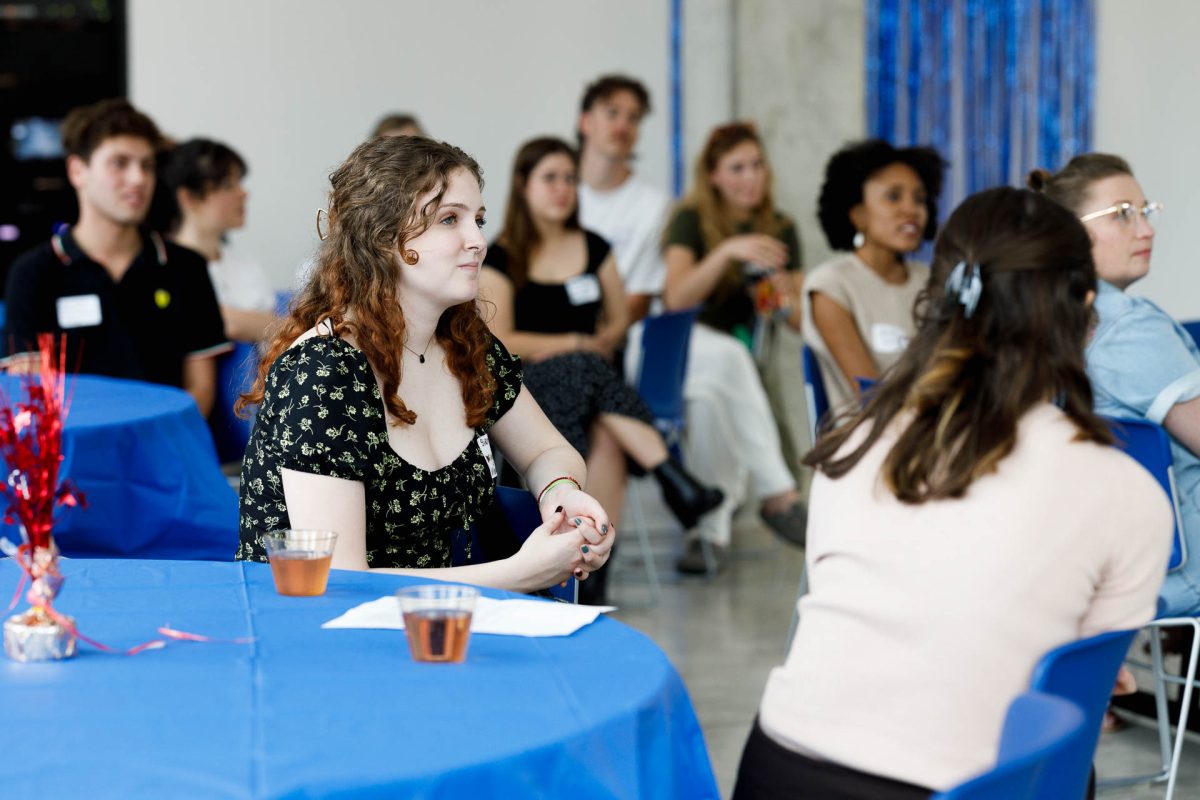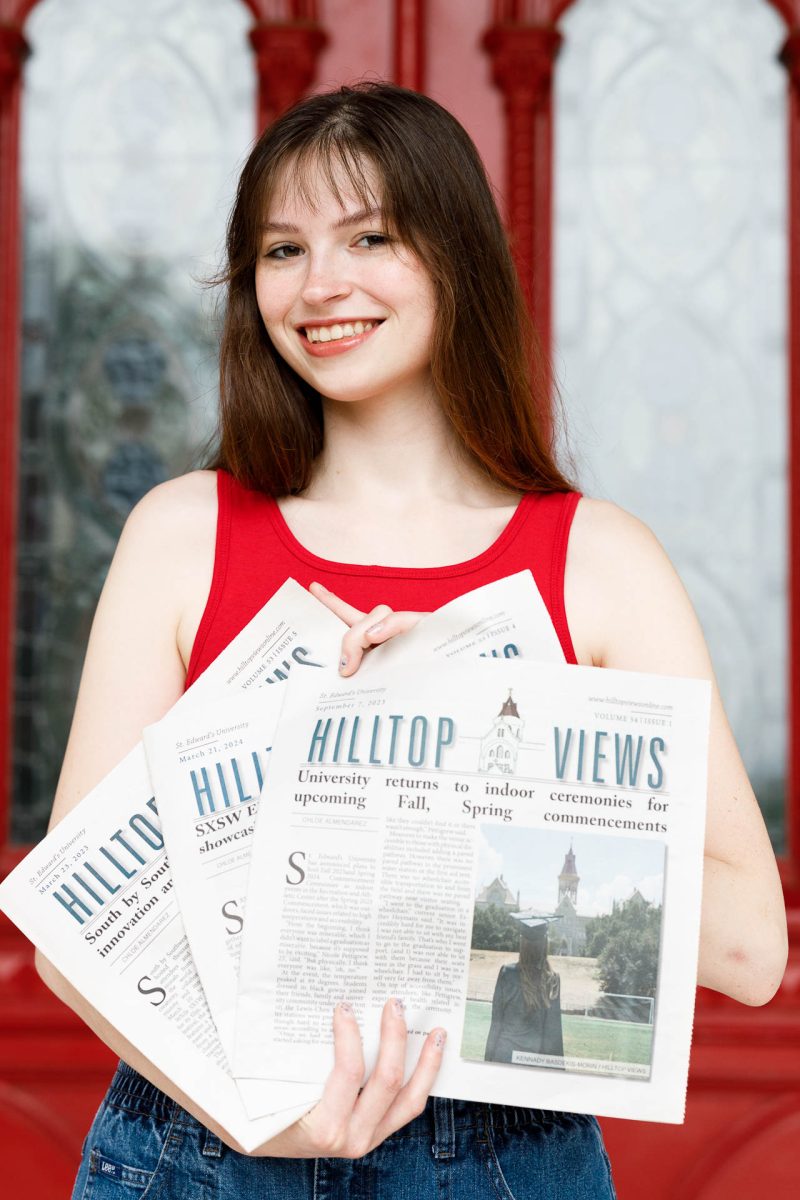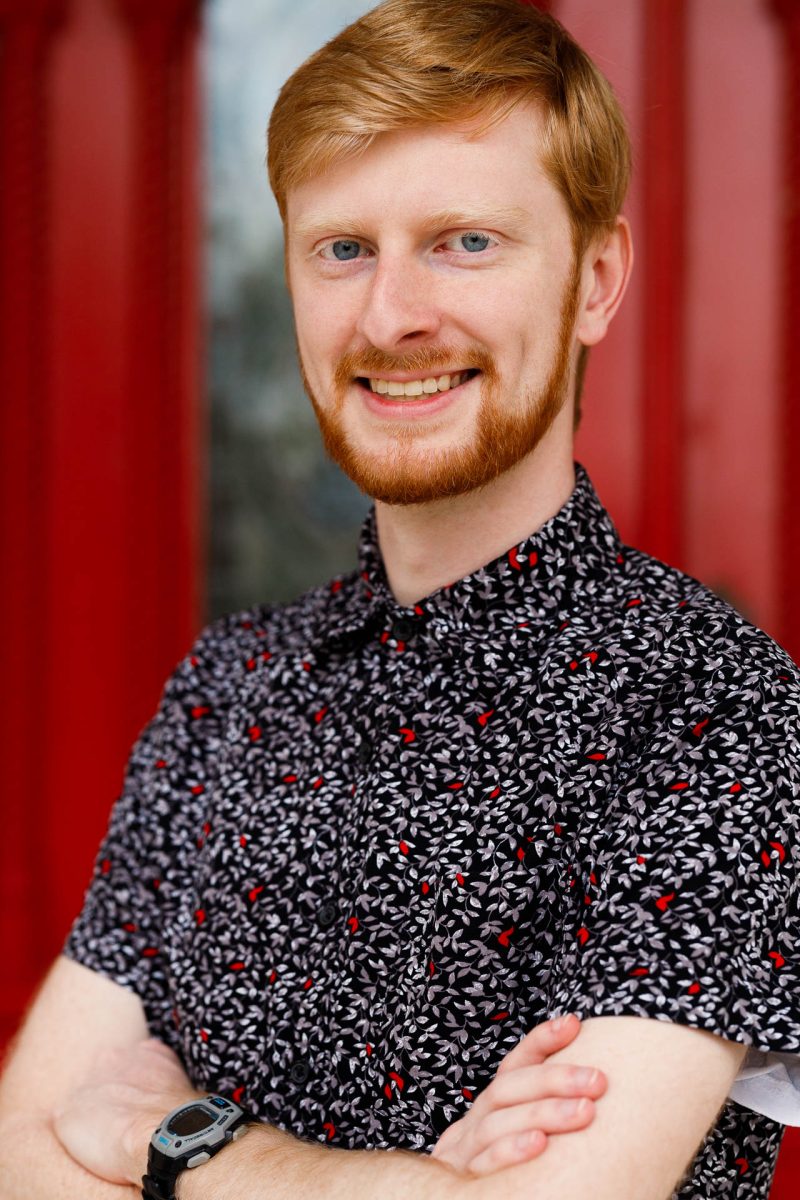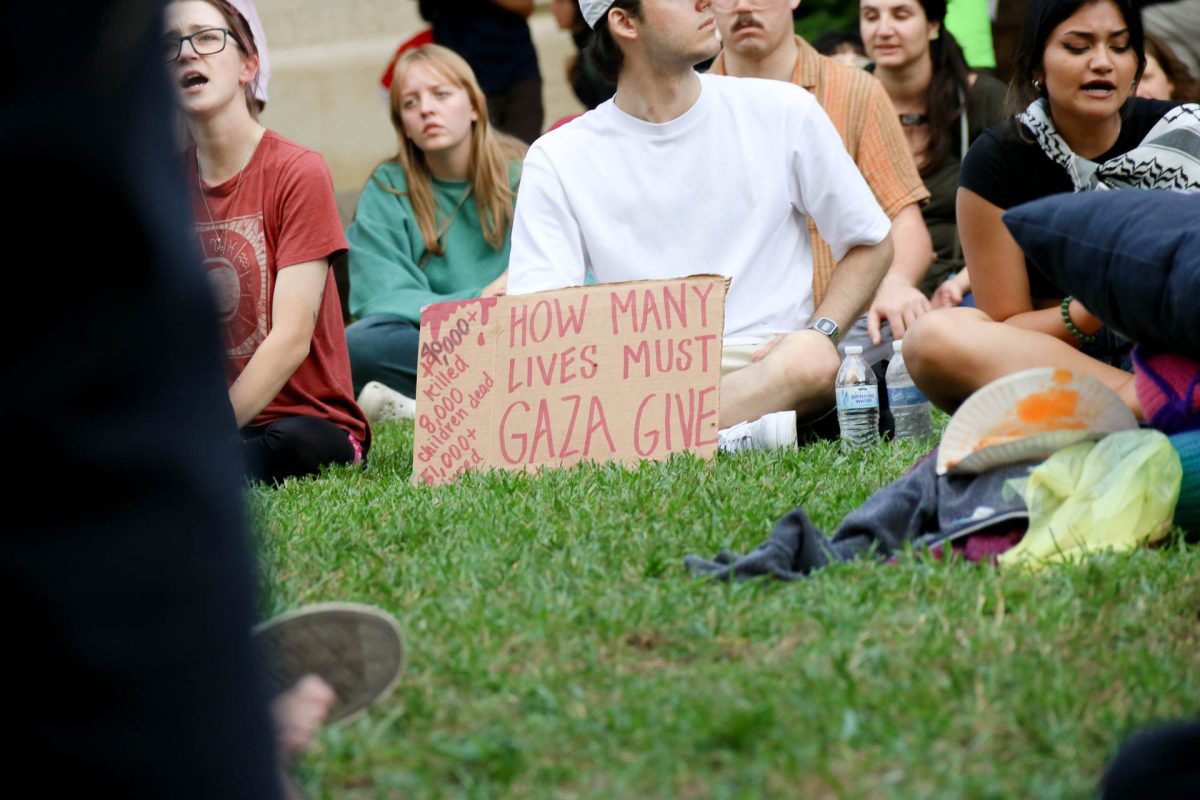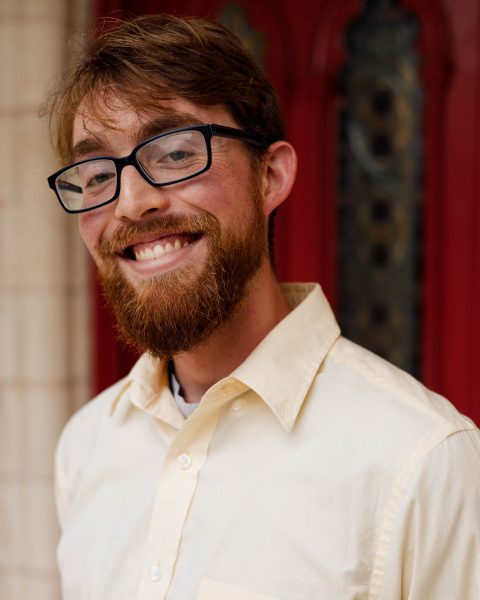Coming to Japan has been a dream come true for me. I’ve been waiting for this study abroad semester since my sophomore year of high school. I thought I’d be prepared. I thought that my four semesters of college-level Japanese would have me set up for success. But I was sorely mistaken, in the best way possible. So much was different from my expectations. Allow me to elaborate.
Learning to speak and write Japanese in its home country requires me to rewire my brain, in a sense. The people here think differently, the language works differently — nothing is the same. I find myself fumbling interactions with cashiers at convenience stores, getting on the wrong buses because I misread the kanji (kanji are the complex, Chinese-inspired characters that the Japanese written language uses) and stressing over basic social conversations.
Communication is, I had believed, a strength of mine. But all of my strength lay in my knowledge of the American dialect of the English language and American culture. Here, in Nagasaki, Japan, I am out of my depth. Almost everything about Japan must be experienced, and I had no way to do that until I got here. Nothing I’d read or watched truly prepared me.
But making this move has been the best decision of my life. I am challenged every single day to go above and beyond. All the nuances of social differentials, conversational subtext and word connotations keep me on my toes. The nearly 550 words I thought I’d learned from class are next-to-useless in actual conversations. I have a running list of new Japanese words and expressions I hear people use that totals at nearly 100 after less than a month. I stumble through conversations about my major and hobbies and favorite shows in broken “Japanglish,” with all the people here at my university, Japanese and Taiwanese and French and Chinese and Canadian.
Still, I have loved every second of it.
Nothing has pushed me to my absolute limits like being here has. Where I might coast through my classes at St. Edward’s, I am struggling to understand a single word of my three classes taught fully in Japanese.
But on the flip side, nothing has made me feel as happy as this move. Everyone I meet has overlap with my taste in music and shows and hobbies, regardless of home country or native language.
I find myself laughing along to jokes I only half understand in a conversation I only understand a quarter of. In the common space of my dorm, it’s an everyday experience for three or four languages to casually float around at once, accompanied by the keys of a piano and the strums of a guitar, as if that were normal. The exchange of language and culture is something I’ve always enjoyed but never experienced enough. Here, at Nagasaki Gaikoku Daigaku (長崎外国大学, Nagasaki University of Foreign Studies), it’s a regular occurrence. It is normal here. Even mundane conversations excite me in ways they never have before. I learn new games, new words, new ways of life all the time.
Even as the initial culture shock dies down and some things start to become ordinary, my drive to learn this language and culture only grows. In a curve more fake-Dunning-Kruger than anything anyone could imagine, the more I begin to know, the more I can see that I don’t know, and with it comes a desire to come to know those things. I don’t see myself ever tiring of learning more about this country.
As I plan trips to Fukuoka and Osaka and eventually Tokyo and Kyoto, I also prepare for my first exams. While in the U.S., I was never sure of what I wanted out of learning Japanese outside of an enjoyment for the culture. Now that I am here, the goal is as close to fluency as I can get. My time here at Nagasaki GaiDai is the first major step to my goal.
I thank God every day for the opportunity to be here, living my dreams in real time, and I thank God for Google Translate.


